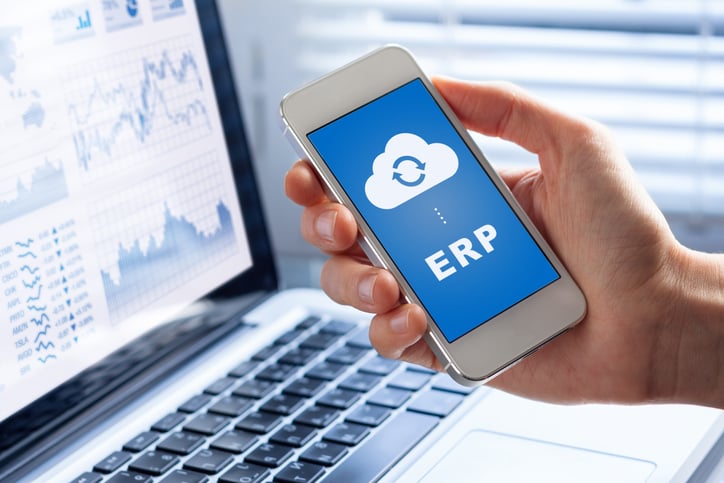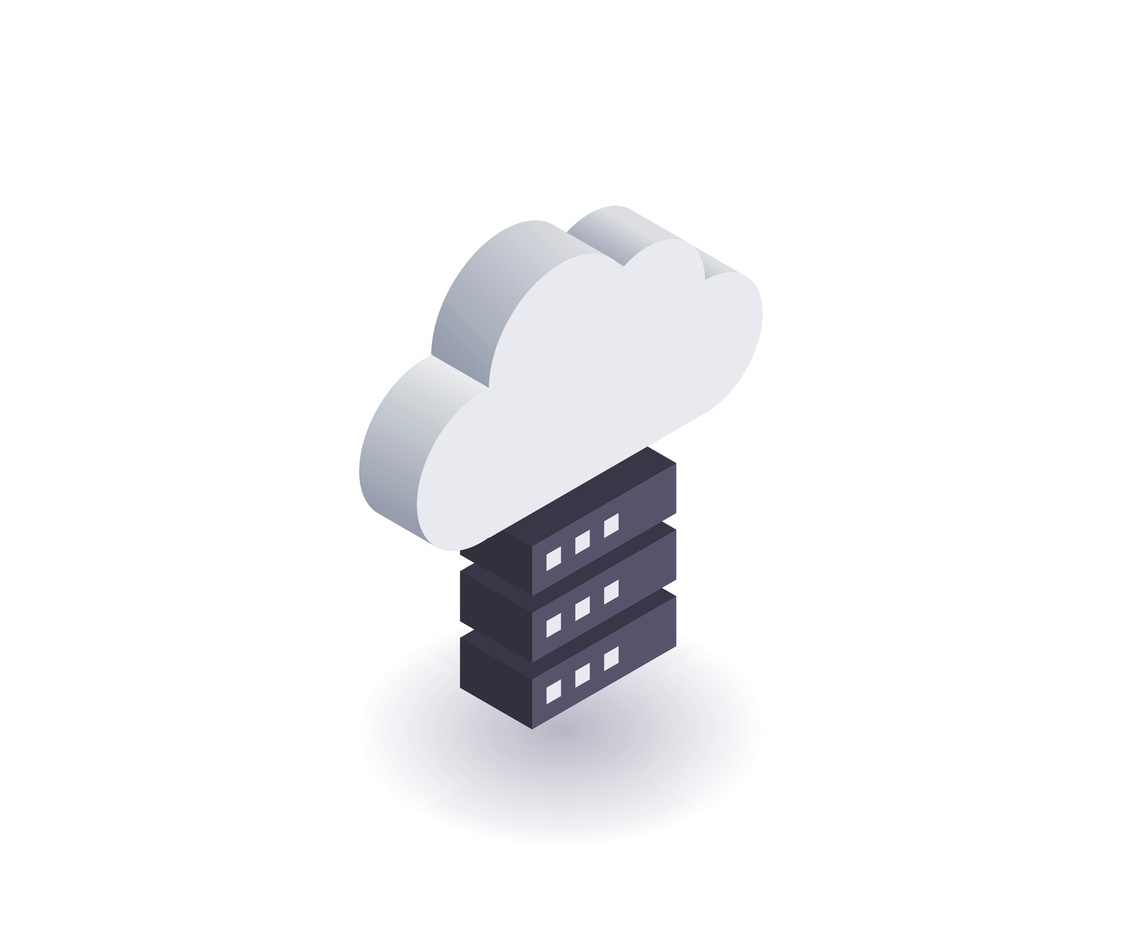For many companies it is difficult to select an ERP system that allows them to go ahead and benefit from its significant improvements. There are different questions to ask yourself, but the most important is which determines whether ERP on premises or in the cloudWhich option to select between the two? To reach a conclusion, it is convenient to analyze the advantages and disadvantages of each of these two possibilities..
ERP on premise vs cloud: advantages of the local environment
Understand what each of the enterprise resource planning systems offers and powers. comparing on premise vs cloud we are going to see a series of key items to pay attention to:
- Price. Regarding this first aspect, a system Enterprise resource planning (ERP) on-site saves costs initially, but you need to face the expenses associated with IT, a otro hardware. This option, at the same time, it becomes somewhat risky since it makes it difficult to know with certainty how much investment will have to be made as things get complicated.
- Security. Security is very high because it is in the hands of the organization itself and that raises the level of asset protection, but this is a double edged sword. It can be something positive or negative in equal parts depending on the professionals we have on our staff. This is an important factor that must be paid attention to when making the decision and opting for one or the other system..
- Personalization. LPersonalization with an on-premise ERP is high, which is very positive, but it is also true that, to more customization, the longer the implementation time.. Besides, in update processes, changes we've made with customization can lead to awkward situations, that reduce the agility of the processes or imply a greater need for investment.
- Implementation. Finally, implementation is very beneficial because, as we said in the security chapter, we will have internal control for the way it is carried out. The only problem with this is that, by its nature and by not working with experts who only dedicate themselves to it on a daily basis, the deployment procedure could end up taking longer than desired.
ERP in the cloud: Advantages and Disadvantages of Enterprise Resource Planning in the Cloud
And here we come to the other side of the coin, where will we see that also There are advantages and disadvantages alike when comparing on-premises ERP versus the cloud, Given the, if we look at this system in the cloud:
- Price. With the cloud version Strong long-term cost forecasts can be made.. At the same time, you can save costs because you don't have to buy any additional hardware. The initial investment is small, but the problem is that During an immense cycle, it is very possible that we end up paying more money than we would have invested with a local ERP..
- Security. Security levels are left to the provider, which provides companies with a high level of peace of mind. But As it also happened in the local system, it is a double edged sword. You must be very careful with the provider you work with. and keep in mind that perhaps the most comprehensive security techniques from that company fall short of what we understand as an iron security level. The initial evaluation will take time and, at the same time, it will always be necessary to keep up-to-date to be sure that the selected provider continues to offer the desired protection.
-
- Personalization.In terms of customization, company and cloud ERP provider can work together, creating a dynamic that benefits the consistency and solidity of the system. At the same time, there is a lot of stability thanks to the updates in the cloud that the provider is implementing. The negative is that the The level of customization is much lower than what could be achieved in a local environment. and little flexibility is offered to customers, so sometimes there are gaps in what we would like to do.
- Implementation. Finally, implementation with a cloud environment is much faster and is left to the provider. This alleviates the need to occupy the professionals of the company with this task and the supervision of the project and its evolution. But of course, if these implementation processes are faster it is because there is much less customization, therefore in that sense we have to understand very well what it means because, what is gained on the one hand, is lost by the other. You must examine what priorities to determine and what is most important to the organization.
Finally, do not forget that, Sometimes it is not necessary to consider the dilemma on premise vs cloud, you can bet on both, following a hybrid strategy. This approach is the one that more and more companies adopt, when looking for a combination of good prices, security, customization and easy ERP implementation.
Settle for a hybrid model aids in the journey to the cloud by simplifying the migration of database applications to the cloud environment. At the same time, makes it possible to have a platform that offers the most complete integrated services through IaaS, PaaS y SaaS, and absolutely capable of supporting business-critical applications in the cloud.








